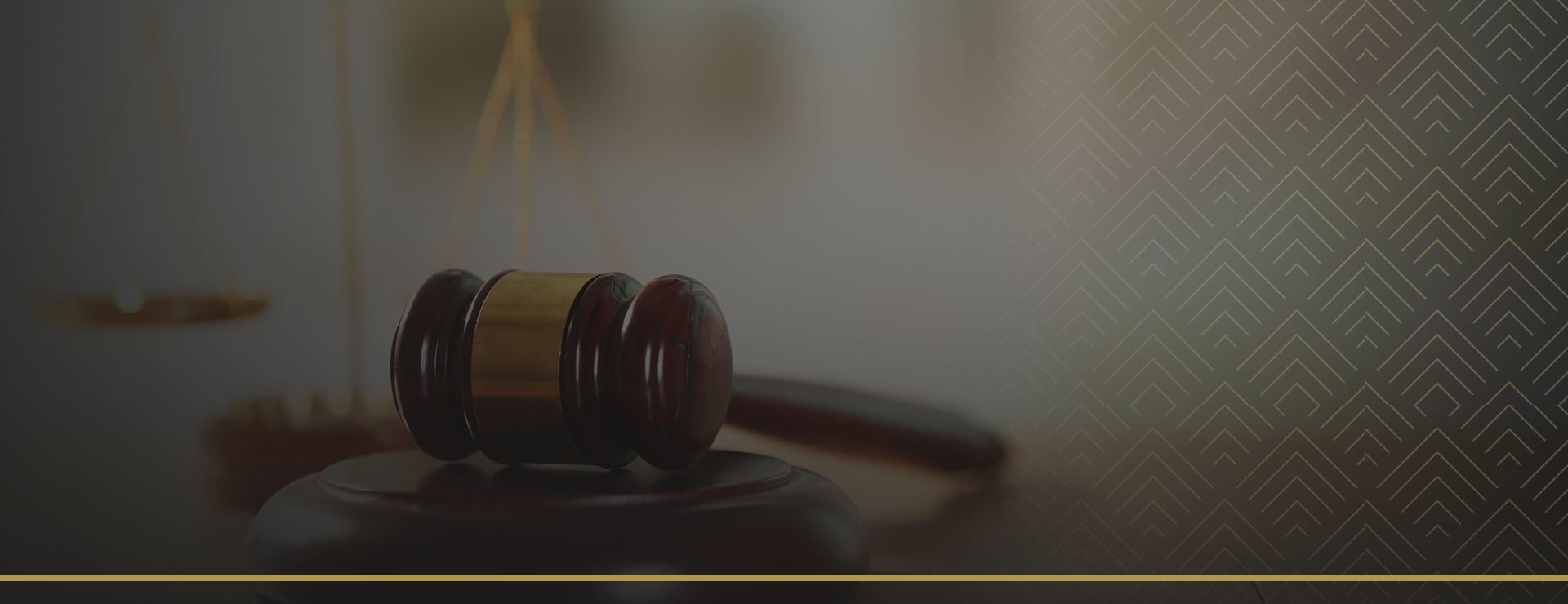
Whether you need criminal defense or representation for a personal injury claim, our team, lead by Chris Crawford, will fight 24/7 to guarantee that your rights are protected. These trial results should inspire confidence.



Pensacola Domestic Violence Lawyer
Defense You Can Trust
In a domestic violence call, what normally comes through to dispatch is that a disturbance has occurred. When the officers arrive, all they will know is that there is some disturbance.
In the state of Florida, probable cause for an arrest can be based solely on someone’s statement. If someone under oath says something has happened, that is all that the officer needs to make an arrest. An officer will take someone’s word even if there is no physical evidence or anything else backing it up.
I’ve Just Been Arrested on Charges Related to Domestic Violence. What Exactly Am I Being Charged With?
At its core, domestic violence is battery or assault. The reason it is called “domestic violence” is because of the relationship between the two people who are involved in the case. You do not have to be married to be charged with domestic violence — you can be dating or family members. That is enough to have the officers enhance battery charges to a domestic violence offense.
Are Domestic Violence Charges Generally Misdemeanor or Felony Charges? What Determines That Level of Charge?
Domestic violence charges are generally misdemeanor charges, but they can be felony charges. What determines the level of charge is what the allegation actually is. If the allegation is that someone hit, kicked, or struck another person, that is generally a misdemeanor. It can be enhanced to a felony if there is strangulation involved or if an item is used as a weapon. If there is great bodily harm done to another person, the charge could be enhanced to a felony. It all depends on what the allegations are.
Is an Order of Protection or a Restraining Order Automatically Put into Place When Someone Is Charged in a Domestic Violence Case?
A domestic violence injunction is a completely separate case from the criminal domestic violence charge. Law enforcement officers are required to inform the alleged victim of these injunctions — they actually give them paperwork and then tell them how to fill it out. Domestic violence injunctions are something that law enforcement and the court pushes the alleged victim into getting, whether or not they really need or want the injunction.
I’m Facing Domestic Violence Charges. Can I Still Be in Touch with My Children?
After you are arrested and you bond out, there is most likely going to be a no-contact order with the alleged victim. That does not mean you have no contact with your children. You can have contact with your children as long as the court allows it. It is very important to have a lawyer involved in the case early on. Your lawyer can discuss contact with your children with the court. If, for whatever reason, the court says you cannot have contact with your children, then you need a lawyer to file a motion to modify the conditions of your bond.
The Alleged Victim Has Changed His or Her Story & Does Not Want to Proceed with the Case Against Me. Will the Prosecutor Automatically Drop the Case?
When someone changes their story or decides not to move forward with the case, prosecutors are extremely reluctant to actually dismiss the case. The reason is that there is a lot of attention on domestic violence charges and pressure from legislators to prosecute these cases to the fullest. Prosecutors do not have the luxury to dismiss a case because the alleged victim wants to. They have people above them who will make sure they move forward in the case. You need a lawyer who will make sure your rights are fully upheld in the case.
How Does a Prior Record of Convictions for Assault, Battery, or Domestic Violence Impact a Current Charge in Florida?
If you have a previous battery charge, any battery offense that you are arrested for in the future can be enhanced to a felony battery charge. When trying to resolve the case, the prosecutors will have access to your previous record and will be much more unwilling to offer you anything that you would obtain to resolve your case. Your prior record has a very big impact. If you are charged with a felony battery or any kind of felony domestic violence, that prior record can be used to enhance your sentence.
While a Case Is Pending, Do You Recommend to Your Clients That They Get Any Sort of Counseling or Anger Management Treatment, or Does That Show Guilt to the Court?
It absolutely does not show guilt to the court to get counseling, and no one should ever be dissuaded from getting any kind of service that they think they need because of the idea that it shows guilt. If you are looking to resolve your case through some kind of negotiated plea, a lot of times, getting counseling can really help you in negotiating with the prosecutor. If you have a trial in your case, the evidence or the testimony that you got whatever counseling or services that you needed is not admissible. The only thing that is going to be admissible at a trial is what occurred at the time of the alleged offense.
What Are Some Strategies That Could Be Used to Defend Clients in Domestic Violence Cases? Is Self-Defense a Viable Defense?
There are many different defense strategies, and it all depends on the case. One of the first things that you have to do is figure out what the alleged victim is actually accusing you of. If you are in a case where you did not do what is being accused, you want to get a sworn statement from the alleged victim where that alleged victim is locked into their story. What happens a lot in domestic violence cases is that the alleged victim later changes their story.
Self-defense is a very viable defense. The state of Florida has very strong laws concerning self-defense. The best part about self-defense is that if you raise it, the prosecutor has to prove that your story or your claim of self-defense is not true beyond a reasonable doubt. That is a very big hurdle for the prosecutor to overcome, and normally, they cannot. If you have a real self-defense case, that defense should be submitted to the court. You have a right to defend yourself.
What Are the Penalties for Domestic Violence in Florida?
The penalties for Florida domestic violence charges depend on the type of charge and the circumstances of the case. Consequences can vary widely based on the details of an alleged offense — for example, the penalties for a first-degree misdemeanor can include up to one year in jail, while a third-degree felony can result in up to five years in prison. All types of charges can also include penalties such as significant fines, community service, and more.
Why Do I Need a Domestic Violence Attorney?
Domestic violence charges are extremely serious. In addition to jail time, you could face large fines and mandatory counseling. If you are convicted, you could also lose your right to own a firearm and find it difficult to get a job or housing in the future. Our Pensacola domestic violence attorney has handled thousands of cases. We can use our experience to help you fight your charges!
Call our office at (850) 220-2098 or contact us online to schedule a consultation with our domestic violence lawyer in Pensacola.
Our Settlements & Verdicts
Recent Case Victories
-
$800,000 Townhouse Community - Hurricane Irma Claim
-
$4,000,000 JR - Trial Verdict Slip and Fall Injury
-
$350,000 JR - Commercial Truck Crash
.2408160418590.png)
.2405170732550.png)
.2405170729550.png)
.2401261044550.jpg)
.2401261040550.jpg)
.2401100539550.jpg)